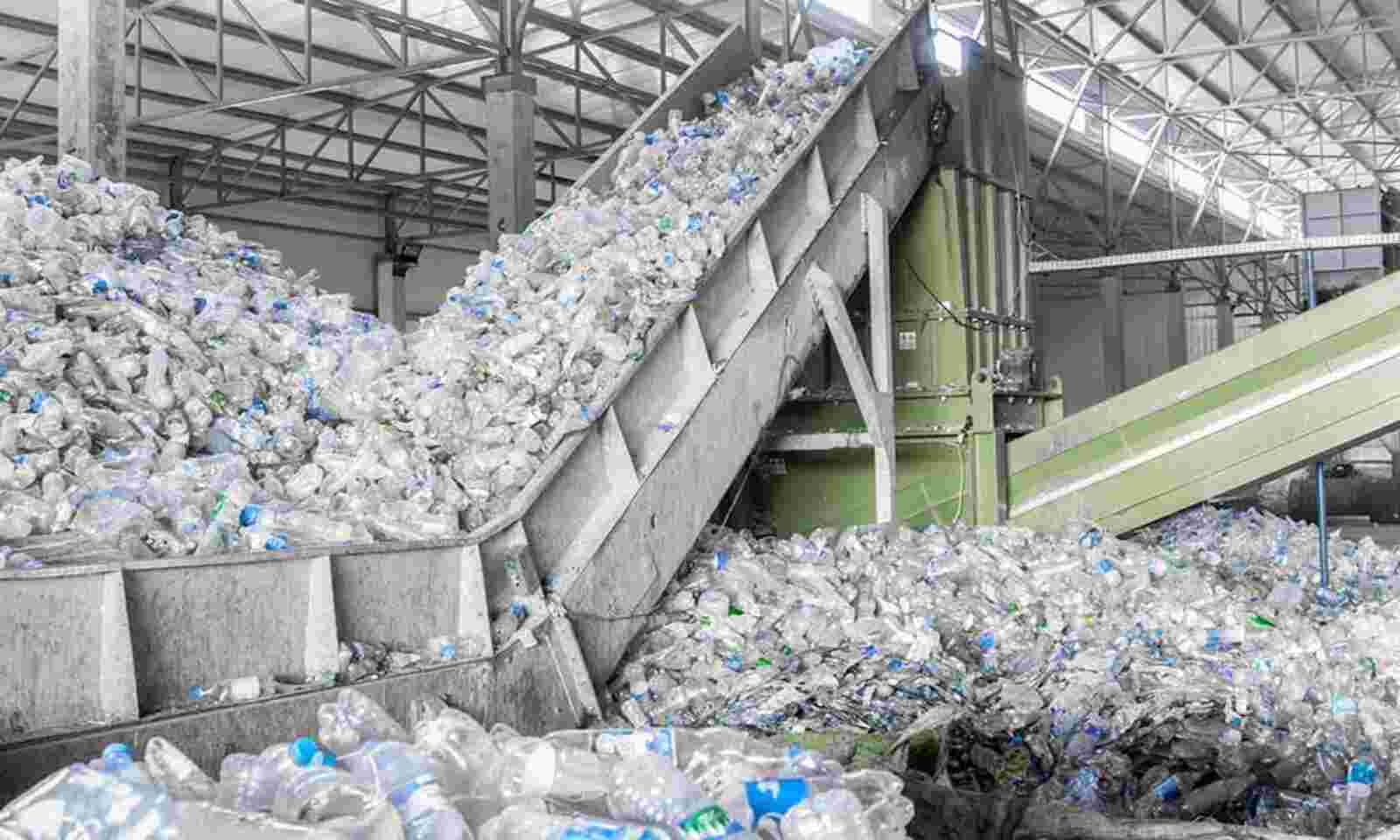Introduction
India, with its rich cultural heritage and diverse landscapes, is making significant strides in managing environmental impact. In this comprehensive article, we delve into two critical aspects: Plastic Waste Management and E-Waste Return. With a focus on sustainable solutions and responsible practices, we explore the challenges, innovations, and positive environmental impact of India’s endeavors.
Plastic Waste Management
Plastic waste has become a global concern, and India is no exception. The nation’s efforts to tackle this issue are commendable. Let’s explore the strategies and initiatives being implemented.
Plastic Pollution: A Looming Threat
Plastic pollution poses a severe threat to India’s environment. The unchecked use of single-use plastics has led to alarming levels of pollution in rivers, oceans, and urban areas. It’s high time we address this issue collectively.
Sustainable Alternatives
To combat plastic pollution, India is actively promoting sustainable alternatives such as biodegradable plastics and cloth bags. These eco-friendly options are not only reducing plastic waste but also creating employment opportunities.
Waste Segregation and Recycling
One of the cornerstones of effective plastic waste management is waste segregation at source. India is encouraging citizens to segregate waste into biodegradable and non-biodegradable categories, making recycling more efficient.
Extended Producer Responsibility (EPR)
The implementation of EPR laws holds manufacturers accountable for the entire lifecycle of their products, including proper disposal. This approach is a game-changer in reducing plastic waste.
Public Awareness Campaigns
India is running extensive public awareness campaigns to educate citizens about the detrimental effects of plastic pollution. These campaigns empower individuals to make environmentally responsible choices.
Collaborative Efforts
Collaboration between the government, NGOs, and private sectors is crucial for effective plastic waste management. Together, they are working towards a greener India.
E-Waste Return
Electronic waste, or e-waste, presents a unique set of challenges. Let’s explore how India is handling the responsible return and disposal of electronic devices.
The Electronic Revolution
India’s rapid technological growth has led to a surge in electronic devices. While this is positive for the economy, it also means an increase in e-waste. Managing this waste is vital.
E-Waste Collection Centers
India has established numerous e-waste collection centers across the country. These centers encourage individuals and organizations to responsibly dispose of old electronics.
Recycling and Resource Recovery
Recycling e-waste not only reduces environmental harm but also helps recover valuable resources like metals and plastics. India is investing in state-of-the-art recycling facilities.
Legislation and Regulations
The Indian government has enacted stringent laws and regulations concerning e-waste management. These laws ensure that e-waste is handled responsibly and safely.
Consumer Awareness
Educating consumers about the importance of recycling electronic devices is an ongoing effort. Many consumers are now making informed choices about e-waste disposal.
International Collaboration
India is collaborating with international organizations to share knowledge and best practices in e-waste management. This exchange of ideas is beneficial for all.
Conclusion
India’s journey towards managing environmental impact, particularly in plastic waste management and e-waste return, is inspiring. Through sustainable alternatives, legislation, public awareness, and international collaboration, India is making a significant difference. As responsible global citizens, we can learn from India’s experiences and work together for a cleaner, greener planet.

